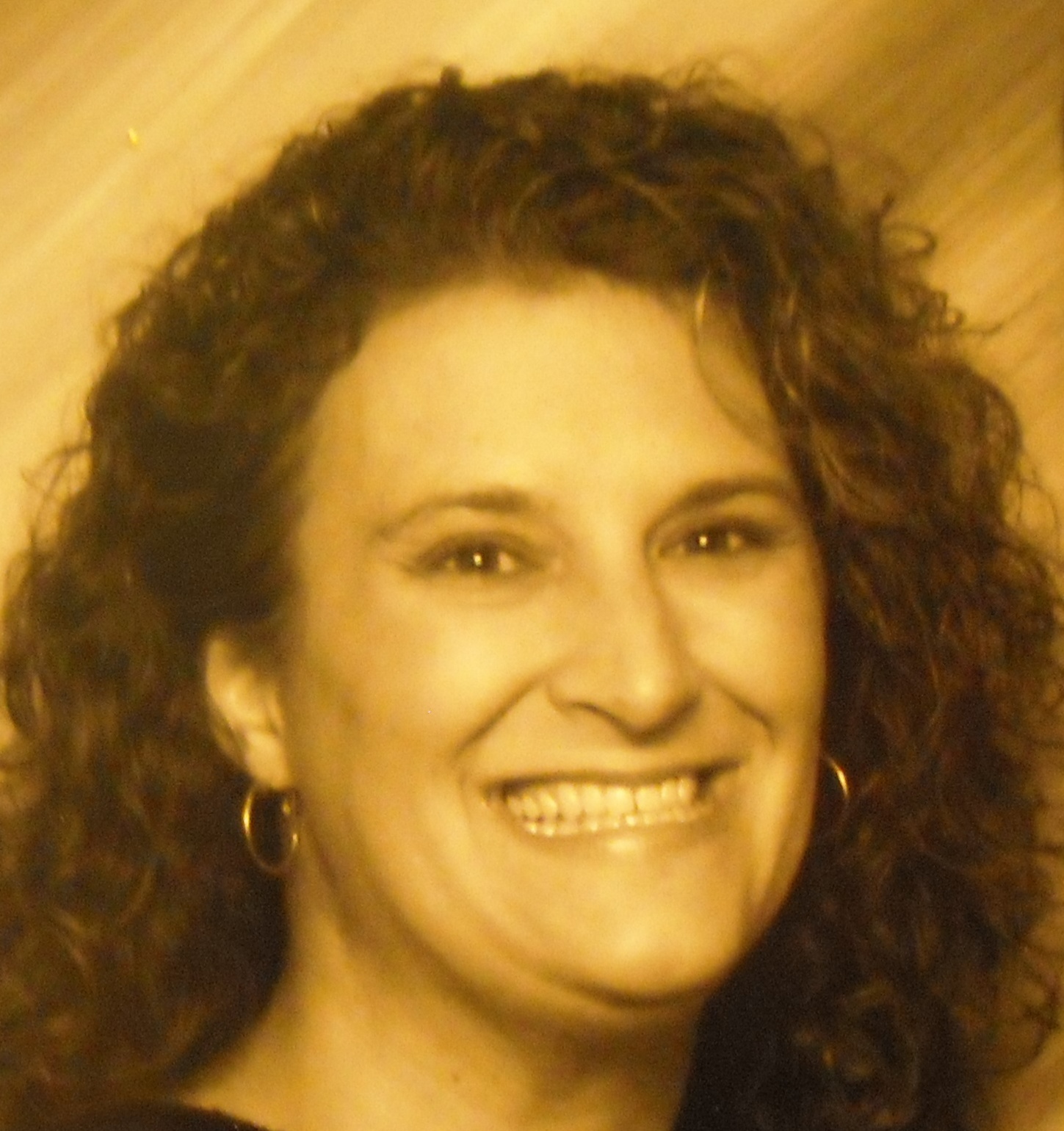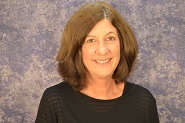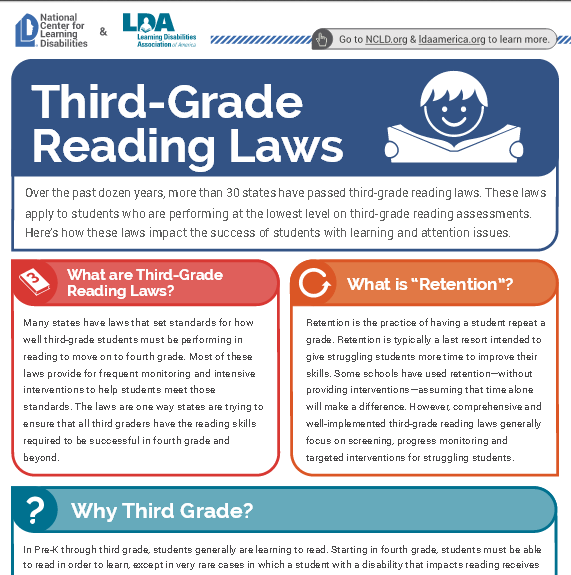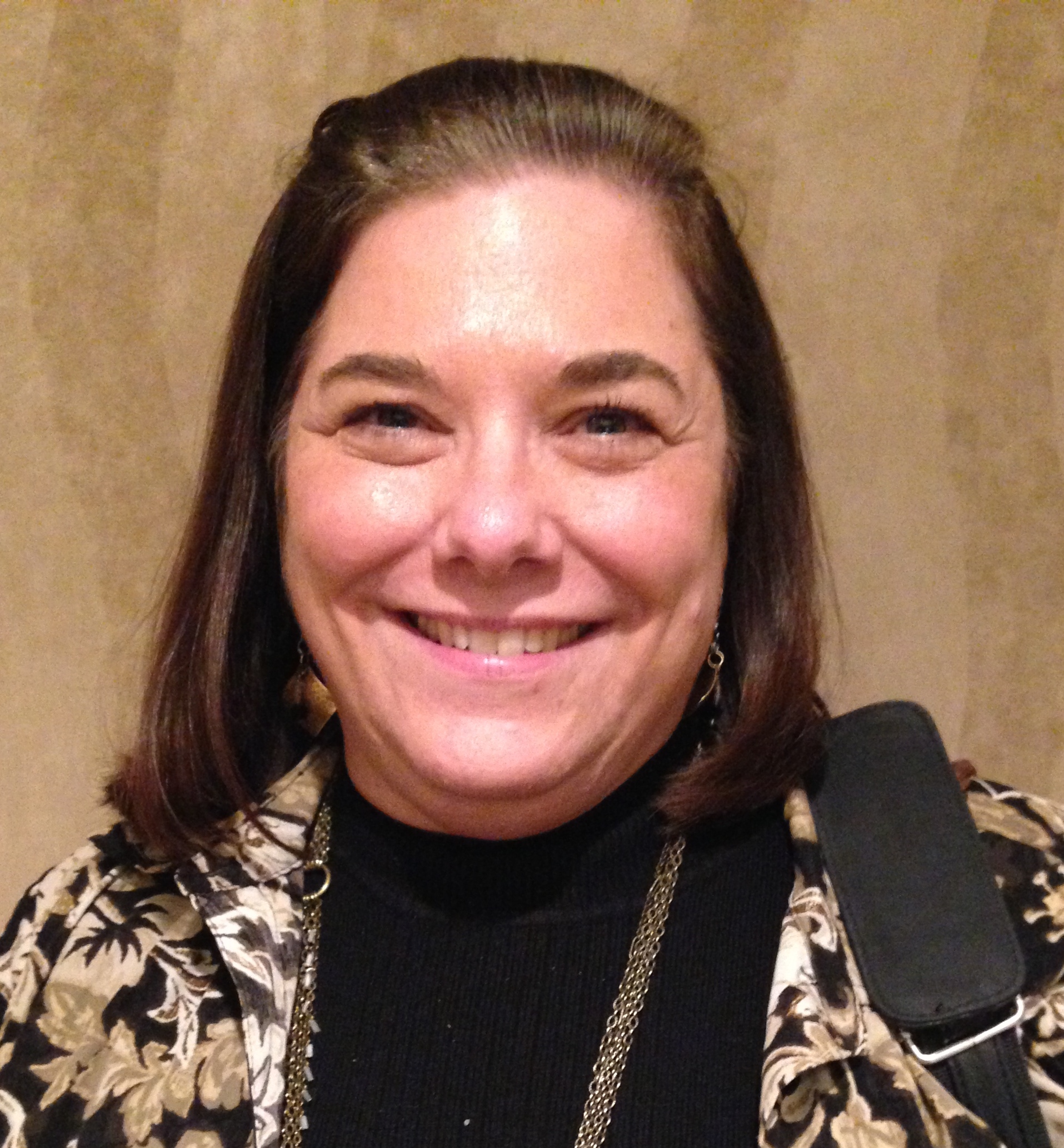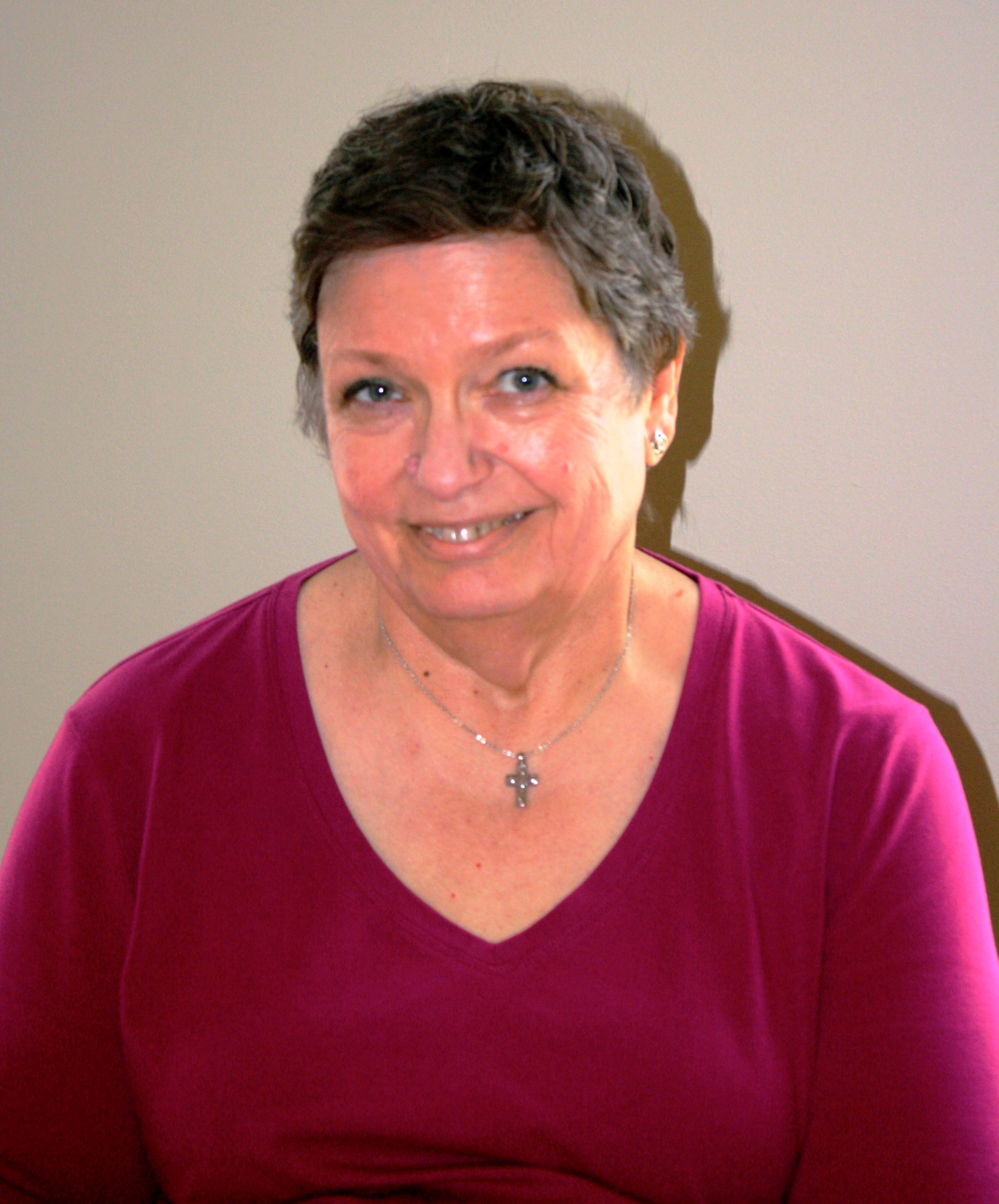Check out stories from educators who have made a difference teaching kids with learning disabilities. Learn of their struggles and their triumphs.
If you have a story about a favorite educator and the impact they have had on a student please email us at info@ldaamerica.org.
Unlocking Potential through Assistive Technology

Featured teacher: Jennifer Topple, The Howard School, Atlanta, GA
Student: Colin
Colin is a bright, verbal, gregarious 13-year-old who has struggled with reading since day one. His parents got him the best intervention available in Atlanta, and he worked intensively for almost four years in a high quality Orton-Gillingham school. Despite these efforts, Colin was one of the students that emerging research is identifying as “treatment resistors,” and he remained on 3rd grade reading level as he began middle school. Unwilling to give up on such a critical skill, Colin’s parents enrolled him in a well-known reading program, pulling him out of school for half days to work exclusively on literacy.
During this time, Colin’s emotional state declined significantly, and the once energetic, spunky boy became sullen, withdrawn, and disengaged. His experience of working so hard with so little to show, and from being separated from his peers and teachers in his academic classes, took a major toll on his affect. Unfortunately, this additional intensive work did not significantly improve his reading, and, worried about the emotional impact on Colin, his teaching team at The Howard School, along with his parents, made the very difficult decision at the end of the year to discontinue direct literacy instruction and focus fully on assistive technology.
Flash forward to early in the fall of this year, Colin’s principal noticed Colin sitting in a chair in the hall, engrossed in what he was doing on his laptop. Knowing that Colin struggled with independence in anything literacy related, he asked Colin what he was working on. To his amazement and delight, Colin showed a page and a half of a first draft of writing that he was working on and excited about. This is a student who, the previous year, struggled to produce even a few sentences, and only did that with significant teacher prodding. Mr. Broyles asked Colin how he had written so much, noting that he wasn’t able to do this last year, and Colin walked him through his process. Colin demonstrated how he had dictated his first draft using the built-in dictation feature on his Mac, had it read back to himself with Read & Write Gold, and had made needed changes manually on the keyboard. Most amazingly, he had done the process independently and with great motivation. Further, and a far cry from his 3rd-grade reading level, he was assessed at an upper middle school comprehension level using text-to-speech software.
Colin’s access and facility with assistive technology support had provided an outlet to express an internal intellect and creativity that had been blocked off by the wall of dyslexia. His mind is now free to express itself. As the teaching team explained to his parents, there isn’t a college or university in the nation who wouldn’t support his use of these technologies, but often, in our K-12 schools, we view decoding and spelling as the only allowable modes of expression and production. If Colin had continued to be judged by his reading abilities, his keen intellect would have been missed, and his college prospects seriously diminished. Instead, assistive technology broke the barriers to his expression, and the child who was sinking into despair because of his dyslexia, reemerged as the charismatic, creative leader he is.
When asked about what he thinks about his assistive technology, Colin said, “In college, do you get to use a laptop? Yes. But if you start at a younger age, you can learn stuff that will help you out when you get older. It’s not cheating at all. Unless you say getting help is cheating. Everything I write in my papers are ideas that I think about, that I can express into words now.”
Submitted by: Allen Broyles, M.Ed., Principal of the Middle School, Assistant Head of School, The Howard School
Teaching Orton-Gillingham in the Public Schools
Christina Kirkwood, M.Ed, Associate/AOGPE
My journey that took me to teaching Orton-Gillingham in a self-contained classroom for students with a language based learning disability started by accident. When I couldn’t find a teacher training program based on Orton-Gillingham principles, a colleague passed along a mailing from the Commonwealth Learning Center. I completed the Associate level course and practicum, which forever changed my professional life. Since the start of my training in summer 2006, I have been on a continuous journey to deepen my knowledge of the Orton-Gillingham Approach. Currently, I have completed the coursework and practicum for the Certified level and plan on applying to the Academy in the summer.
Two years ago, Cambridge, MA, Public Schools budgeted funds to open a substantially separate classroom with the sole focus of educating grade 2-4 students with language-based learning disabilities. I applied for the position, and happily, I was selected. I came to this position with nine years of experience, four of in Cambridge, MA as a Special Education teacher and Orton-Gillingham tutor. As I developed my program, I had to think deeply about how I was going to differentiate my instruction from the general education classes and other substantially separate classrooms. The best approach that I saw was to consistently apply the overarching principles of Orton-Gillingham to every subject: teaching from concrete to abstract, being direct and explicit in instruction of all concept materials, constantly spiraling back, over learning of key concepts, and al- ways incorporating multi-sensory instruction. Students come to my room after their school based special education team has determined that the traditional inclusion model is not working for them.
Carrying Orton-Gillingham throughout the day with Reading and Spelling, students receive at least 40-50 minutes of 1:1 or 2:1 instruction in a traditional O-G lesson format five times per week. When the students are not in a tutoring session, they practice skills taught during their tutoring session. This practice of skills is mostly independent using a checklist of activities to complete throughout the week. Additionally, the students also use technology (iPad, Chromebooks, or the classroom computer) Lexia, Type to Learn, and Book Share to engage in literacy independently.
Instruction in the area of writing is direct and explicit. This is achieved by having the students first participate in a shared writing activity, then guided practice of the skill being taught, and finally independent practice of the skill. The skills are chosen by first analyzing the student’s independent writing level. The type of writing that my students learn is guided by the district’s writing units of study.
I continuously use manipulatives to make abstract math concepts concrete. There is also frequent review of previously learned materials.
I have also scheduled twenty minutes a day for read aloud. The read aloud time is used to expose my students to grade level text as well as grade level vocabulary and content. When selecting a text, I focus on a book with complexity that my students would not otherwise be able to access when reading on their own. I use the read aloud text to instruct my students directly in comprehension of complex materials.
Science and Social Studies are taught within the general education setting. My students enter my room with a great love for those content subject areas. Within my classroom, I pre-teach and reteach the key concepts of the daily lesson so that my students have the knowledge base to be successful in the classroom. “Pushing in” for those subjects allow my students to be with their grade-level peers while showcasing their academic areas of strength.
This article is reprinted with permission by the Academy of Orton-Gillingham Practitioners and Educators, Spring 2014 Academynews Newsletter.

Adult Literacy: Joes’s story
Joe is an adult with a learning disability. Watch his success story!
Click here to view Adult Literacy: Joe’s story


